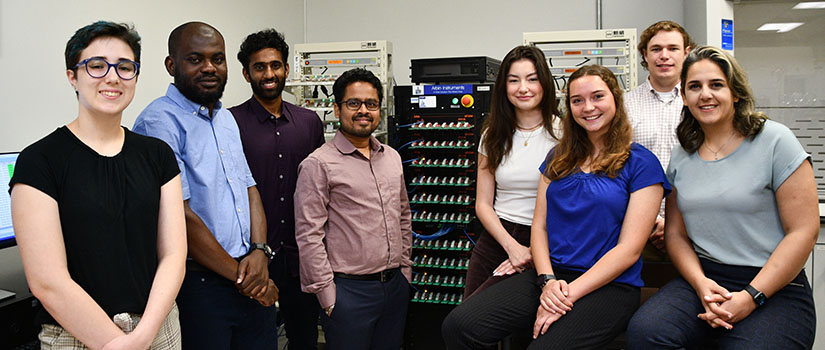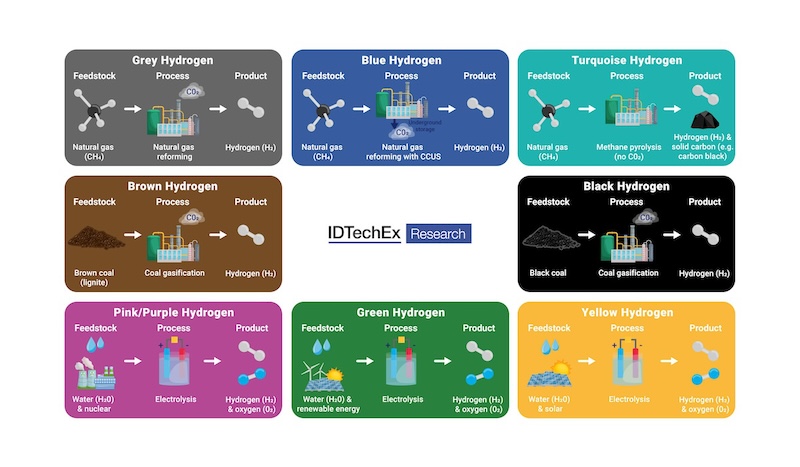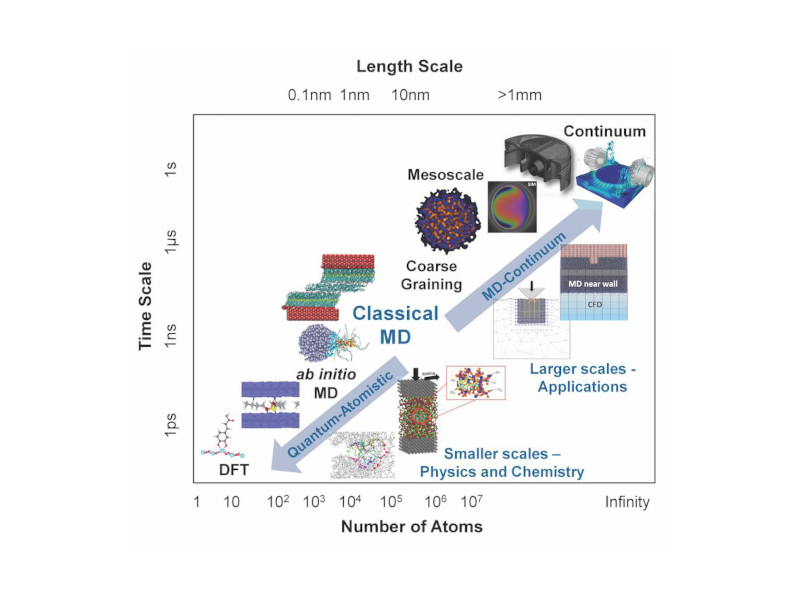Variable refrigerant flow (VRF) natural gas heat pumps are used in two campuses at a charter school system in Georgia.
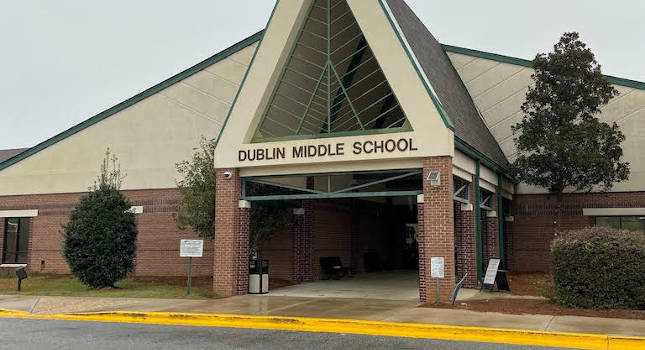
Variable refrigerant flow (VRF) is an HVAC technology that uses refrigerant as the cooling and heating medium. It is conditioned by one or more condensing units (which may be outdoors or indoors, water or air cooled), and is circulated within the building to multiple indoor units. This allows the user to vary cooling in specific areas or switch to heating mode without additional equipment while still being efficient.
While VRF systems had used electricity in the past, some companies are turning to natural gas to power their systems. The reasons for this are that natural gas is typically greener than electricity, overall energy efficiency is higher, and customers save money with gas heat pumps.
Saving energy and money is becoming more important for not only companies, but for other institutions. For example, one charter school system in Georgia decided VRF was the way to go for what has become a larger project as they go from success to success.
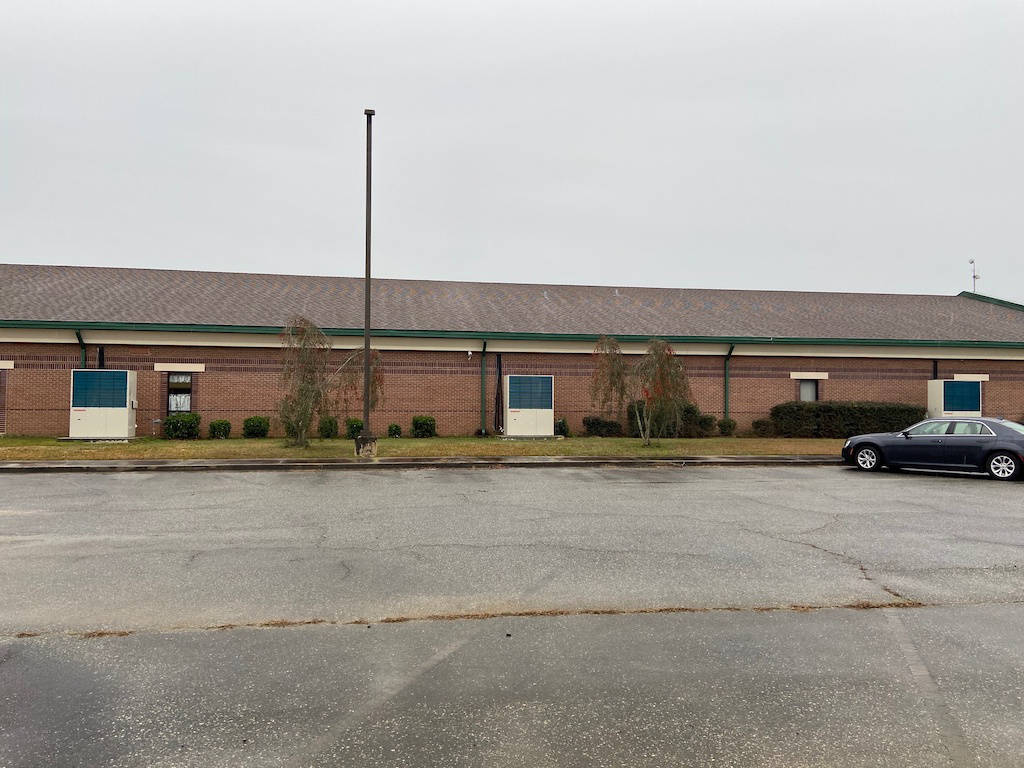
VRF natural gas units installed in gifted school
Dublin City Schools (DCS) in Dublin, Georgia, is a charter school system educating more than 2,400 students at five campuses located throughout the greater Dublin region, which is more than 100 miles Southeast of Atlanta.
The school district earned “Exemplary Board” status by the Georgia School Boards Association three times since 2015 and boasts a greater than 90% graduation rate. In addition to the above accolades, the school district has made recent decisions to chart a path to improve its overall building energy efficiency and to reduce its carbon footprint through HVAC system retrofits utilizing natural gas heat pump (GHP) HVAC systems.
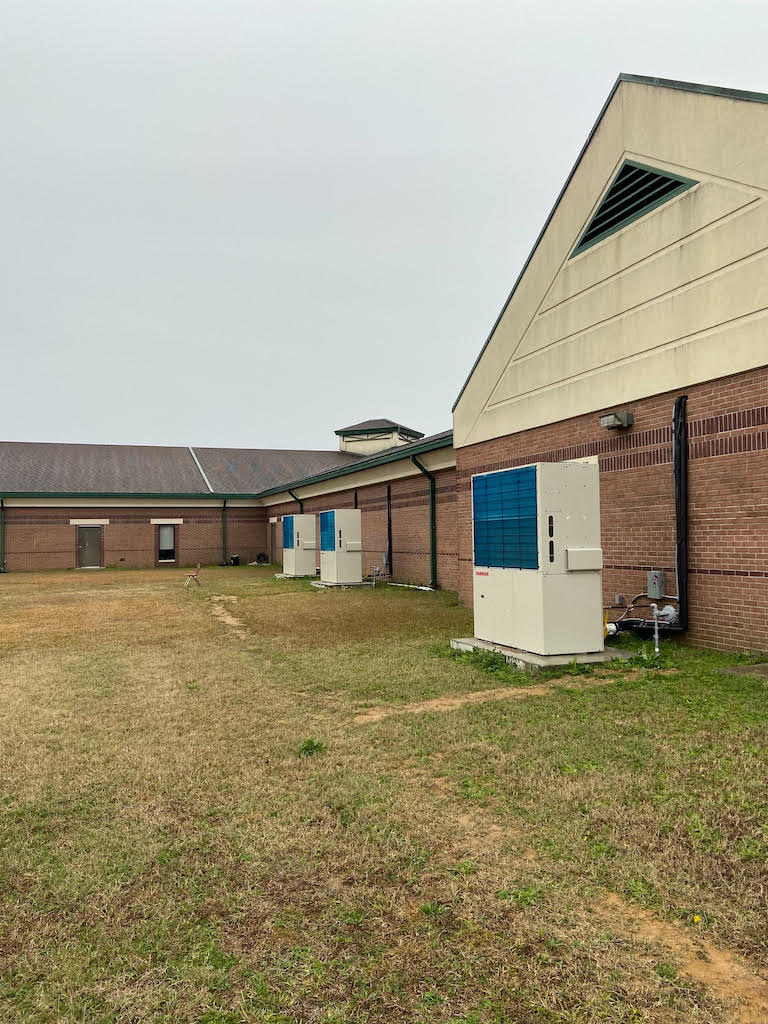
Superintendent Dr. Fred Williams and the school board made the decision to install five 14-ton YANMAR VRF GHP systems at the DCS Gifted Academy campus in 2019. The configuration included two 2-pipe systems and three 3-pipe systems totaling 70 tons of installed capacity. VRF heat-pump systems are increasingly being designed in buildings throughout the U.S. They provide increased energy efficiency along with improved tenant comfort with multi-zone configurations and individual zone temperature control.
Benefits of the VRF system
VRF systems have a smaller footprint than conventional HVAC systems and are designed to modulate to meet the heating and cooling load requirements of each zone and to maintain temperature control. YANMAR natural GHPs take advantage of the highly efficient natural gas delivery system and low-cost natural gas to provide lower operating costs, reduce CO2 emissions, and deliver cost effective solutions for a wide range of cooling and heating applications.
Williams said, “We were looking for a more reliable HVAC system that could meet high efficiency levels and provide student comfort for a productive teaching-learning environment. Student performance is a critical metric for our school district. At the same time, operating costs and energy environmental stewardship were key factors and important to us.”
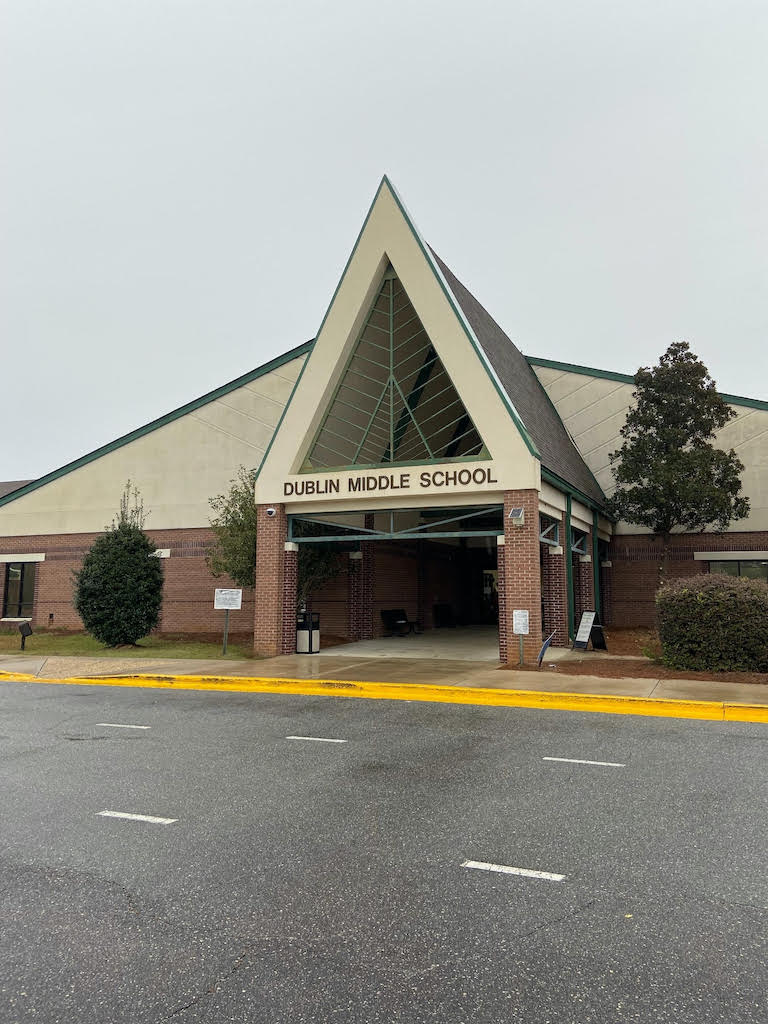
The GHP system reduces electricity use and electric peak demand by using outside air and transferring heat either to or from the conditioned space supplemented with low-cost natural gas energy. Heating and cooling efficiencies are greater than 100%.
Johnny Bayto, DCS maintenance director, said, “Our previous HVAC system, a geo-thermal electric heat pump system, was approaching end-of-life and had continual maintenance issues. The leaks in the underground piping configuration proved to be a source of high maintenance costs. We have been very pleased with these systems, and their operations.”
The YANMAR system tracks system conditions and provides maintenance alerts via remote monitoring adaptors preventing reduced down time.
Results of the installation and future projects
The DCS Gifted Academy GHPs have provided lower energy costs for the School District and a high level of performance.
Williams said, “One of the hurdles we faced was overcoming the capital costs needed for the project. The City of Dublin assisted through an intergovernmental agreement and provided project financing with a five-year term. The project financing, the per ton rebate, and the energy cost savings all added up to quick payback numbers and life-cycle costs savings that were very attractive.”
City of Dublin Natural Gas, the municipal gas provider and Member of the Municipal Gas Authority of Georgia (Gas Authority), accessed financing through a combination of reserves and Gas Authority financing for this project and a recent project on another DCS campus currently in phase II installation.
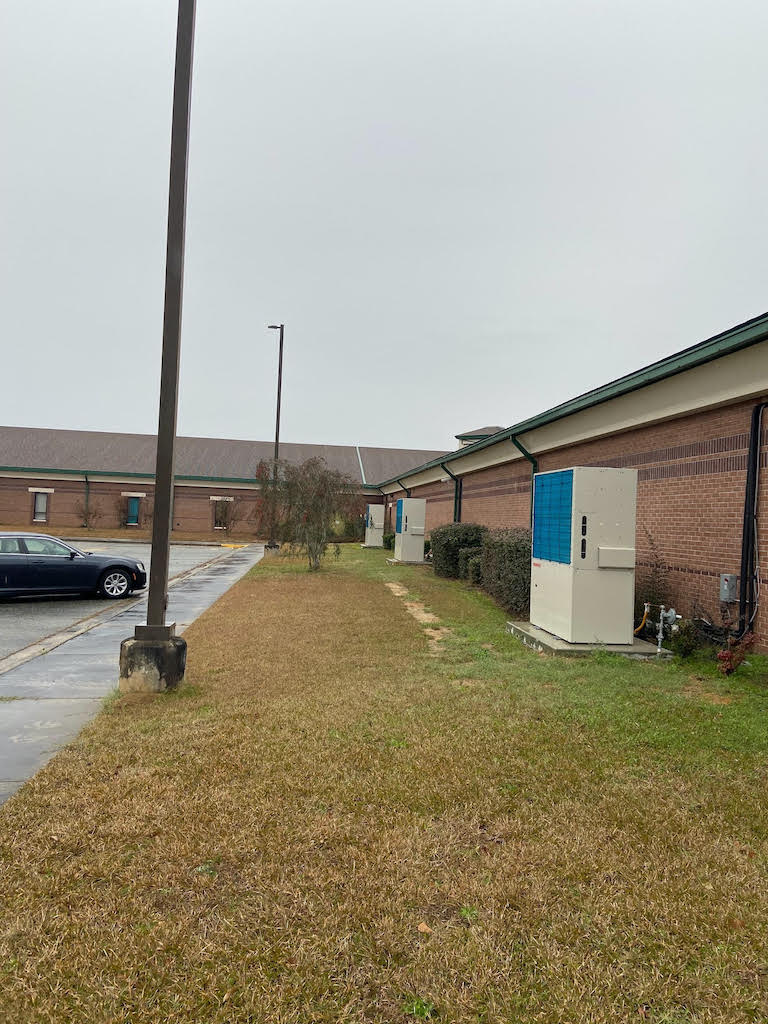
Michael Clay, former Dublin Utilities Director and now acting consultant for the City of Dublin said, “The financing proved to be an important part of the success of these projects.”
The gifted academy was a successful GHP project for DCS in 2019. In 2020, DCS decided to replace geo-thermal heat pumps at Dublin Middle School, which required 266 tons of installed capacity. DCS decided to go with 19 3-pipe systems. The 3-pipe system provides simultaneous heating and cooling operation optimizing comfort level within each zone.
Michael Edge, Middle Georgia Mechanical Heating & Air (and installation sub-contractor for both projects) said, “The VRF GHP system provides high level performance. The installations for the gifted academy and phase I for the middle school have gone extremely well. We’ve had no call-back issues with the gifted academy which has been in operation for over two years. The phase I installation for the middle school, even with COVID restrictions has gone well. During those periods where the students were restricted from gathering due to COVID, we were able to get our crews in to the facilities to continue installation work.”
Middle Georgia Mechanical Heating & Air, a YANMAR dealer, promotes the VRF GHP system throughout Central and East Georgia and is approaching 400 tons of installations. “One critical element with VRF is the site evaluation,” Edge said. “This allowed us to better understand desired comfort requirements and to better map out the multiple zones to maximize student and teacher comfort levels.”
The middle school project obtained financing and utilized rebates provided by the City of Dublin Natural Gas and the Gas Authority. Phase II is estimated to be completed by mid-2022 completing the installation of all nineteen units. Natural gas heat pumps, by utilizing the efficient natural gas grid (over 90% efficiency) and efficient GHP systems (over 100%) offer an effective pathway to reducing carbon emissions and maintaining affordable energy costs while optimizing occupant comfort levels.
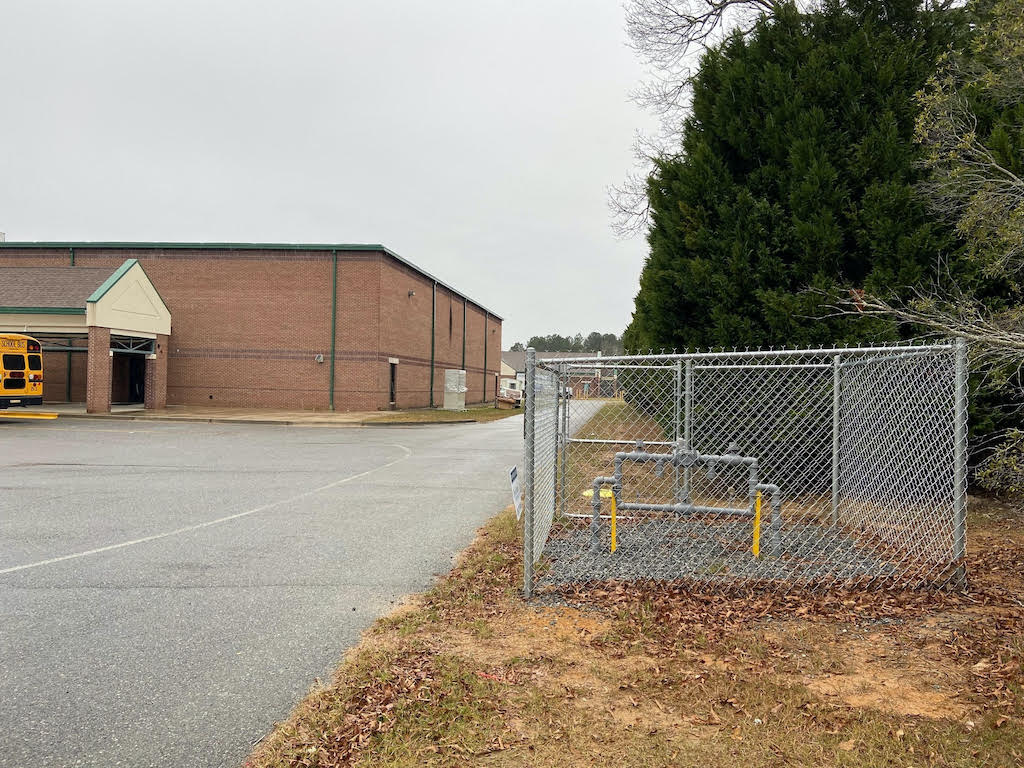
Dublin City Schools is in the planning process of expanding natural gas VRF GHP installations at a third campus. Looking back at the first two projects, several factors were critical in choosing to look at expanding GHP installations. Initial education on the benefits of VRF systems and, specifically, natural gas heat pump VRF systems. Secondly, a trained HVAC contractor that understands the system and stands behind the system performance.
Having experienced the systems and their performance in meeting space conditioning expectations all played a role in making GHP VRF systems a solid choice. The benefits they provide from an energy as well as a financial standpoint are making them attractive to users.
– This article appeared in the Gas Technology supplement.
YANMAR Energy Systems

